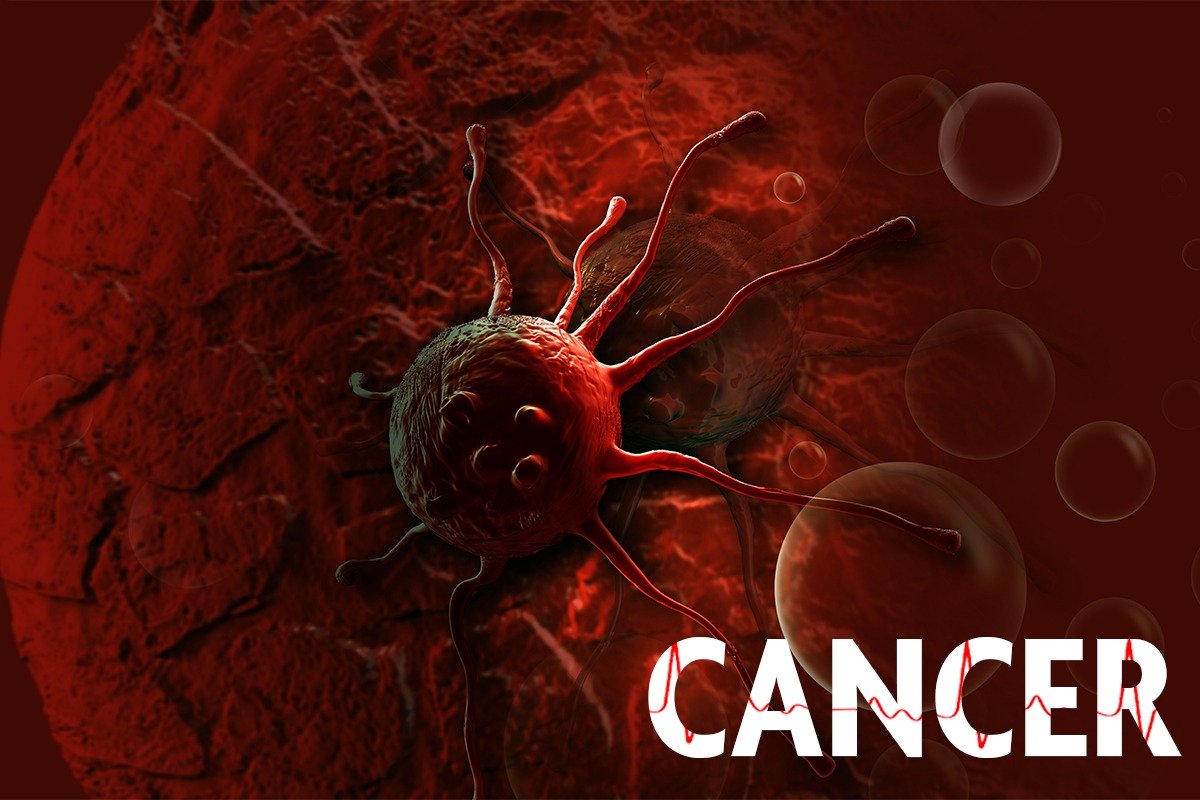CHENNAI: A recent research paper authored by Chennai’s top oncologist Dr. MA Raja highlighted the potential cancer risk associated with the consumption of instant fast food containing trans-fats.
In an exclusive conversation with The New Indian special correspondent Vivek Narayanan, Dr. Raja, the director of oncology services at MGM Healthcare and MGM Cancer Institute, explains that the appeal to consume ready-to-eat meals like noodles and pizza in the modern world’s fast-paced lifestyle comes with a heavy price. Edited excerpts:
Vivek Narayanan: As per your experience, are cancer cases rising among youngsters aged 18 to 30 due to junk food consumption?
Dr. MA Raja: Cancer is a multifaceted disease with various contributing factors, including heredity and environmental exposure. The consumption of junk food is considered a potential risk factor. Junk foods, high in unhealthy fats, sugar, and salt, can lead to obesity and other metabolic disorders, increasing the risk of certain cancers.
While the direct link between junk food and cancer isn’t definitive, research indicates that an unhealthy diet dominated by processed foods can negatively impact overall health and heighten the risk of chronic diseases, including cancer.
READ MORE: Covid vaccination led to 338x rise in cancer & AIDS-associated diseases
A poor diet is known to play a crucial role in cancer risk. Approximately one-fifth of all cancers are associated with food habits. Diets rich in fresh fruits, vegetables, whole grains, and lean proteins can reduce cancer risk. On the contrary, diets abundant in processed and unhealthy foods are linked to an elevated risk of cancer.
Trans fats, found in processed and fried foods, can promote inflammation and contribute to cancer cell proliferation. These fats may also disrupt the body’s natural process of apoptosis, hindering the destruction of damaged cells. As a result, potentially cancerous cells can evade detection and continue to grow unchecked.
Narayanan: Which diet is preferred to stay healthy considering the high pesticide levels in vegetables?
Dr Raja: Apart from pesticides, the use of artificial fertilizers and colorings affects the healthiness of food. Ideally, consuming natural, unprocessed food and organic produce is recommended. Prioritizing fresh food, adopting cooking methods that retain nutritional value, consuming fruits and vegetables daily, reducing intake of high-fat and fried foods, limiting red meat consumption, avoiding overeating, and eating at appropriate times can promote health.
Narayanan: What cancer types are predominantly observed among young people, according to your experience?
Dr Raja: Cancers vary among different age groups. In children under 10, common cancers include blood cancers (leukemias), brain, eye, and muscle tumors (sarcomas), and kidney tumors. For those aged 10-20, sarcomas, Hodgkin’s lymphoma, and germ cell tumors are more common.
READ MORE: 100 million Indians diabetic, 315 million have hypertension: Study
Leukemia, a blood and bone marrow cancer, arises from uncontrolled proliferation of abnormal white blood cells, weakening the body’s infection-fighting ability and healthy blood cell production. While the exact cause isn’t always clear, genetic and environmental factors may contribute. Early detection, diagnosis, and timely intervention are key for effective management.
Narayanan: Is liver cancer primarily caused by alcohol consumption or excessive intake of fast foods and high cholesterol?
Dr Raja: Liver cancer has various causes. Excessive alcohol consumption is a known risk factor, leading to liver cirrhosis. Diets high in fast foods and cholesterol can result in obesity and non-alcoholic fatty liver disease (NAFLD), which can progress to liver cancer.
Liver cancer may also stem from chronic hepatitis B or C infection, exposure to toxins, and genetic conditions. Prevention through a healthy lifestyle, including balanced diet, exercise, and hepatitis B vaccination, is essential. Regular screenings are recommended for early detection.
Narayanan: Is beer less harmful than other types of alcohol?
Dr Raja: All alcohol, including beer, can damage the liver when consumed excessively over time. The liver metabolizes alcohol consistently regardless of type. Even moderate beer consumption can harm the liver, especially if habitual.

